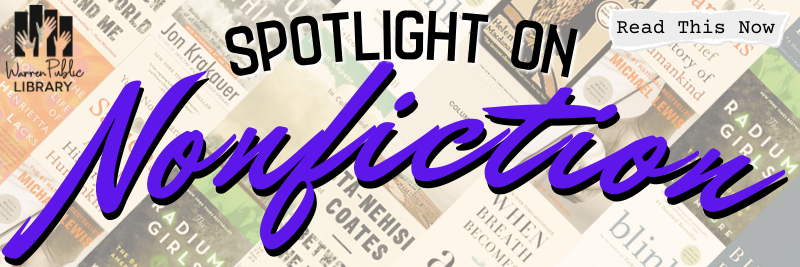
All summaries are courtesy of each book’s publisher.
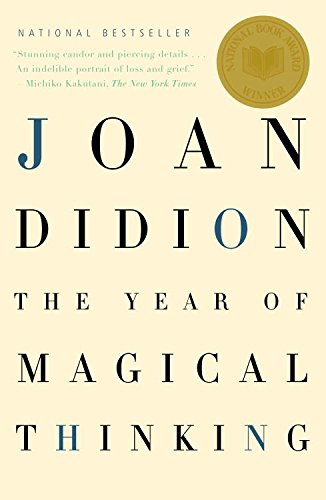
The Year of Magical Thinking by Joan Didion
Available on Overdrive and at Warren Public Library
From one of America’s iconic writers, a stunning book of electric honesty and passion. Joan Didion explores an intensely personal yet universal experience: a portrait of a marriage–and a life, in good times and bad–that will speak to anyone who has ever loved a husband or wife or child. Several days before Christmas 2003, John Gregory Dunne and Joan Didion saw their only daughter, Quintana, fall ill with what seemed at first flu, then pneumonia, then complete septic shock. She was put into an induced coma and placed on life support. Days later–the night before New Year’s Eve–the Dunnes were just sitting down to dinner after visiting the hospital when John Gregory Dunne suffered a massive and fatal coronary. In a second, this close, symbiotic partnership of forty years was over. Four weeks later, their daughter pulled through. Two months after that, arriving at LAX, she collapsed and underwent six hours of brain surgery at UCLA Medical Center to relieve a massive hematoma. This powerful book is Didion’s attempt to make sense of the “weeks and then months that cut loose any fixed idea I ever had about death, about illness…about marriage and children and memory…about the shallowness of sanity, about life itself.”

Sapiens: A Brief History of Humankind by Yuval Noah Harari
Available at Warren Public Library
From a renowned historian comes a groundbreaking narrative of humanity’s creation and evolution–a #1 international bestseller–that explores the ways in which biology and history have defined us and enhanced our understanding of what it means to be ‘human.’ One hundred thousand years ago, at least six different species of humans inhabited Earth. Yet today there is only one–homo sapiens. What happened to the others? And what may happen to us? Most books about the history of humanity pursue either a historical or a biological approach, but Dr. Yuval Noah Harari breaks the mold with this highly original book that begins about 70,000 years ago with the appearance of modern cognition. From examining the role evolving humans have played in the global ecosystem to charting the rise of empires, Sapiens integrates history and science to reconsider accepted narratives, connect past developments with contemporary concerns, and examine specific events within the context of larger ideas. Dr. Harari also compels us to look ahead, because over the last few decades humans have begun to bend laws of natural selection that have governed life for the past four billion years. We are acquiring the ability to design not only the world around us, but also ourselves. Where is this leading us, and what do we want to become?
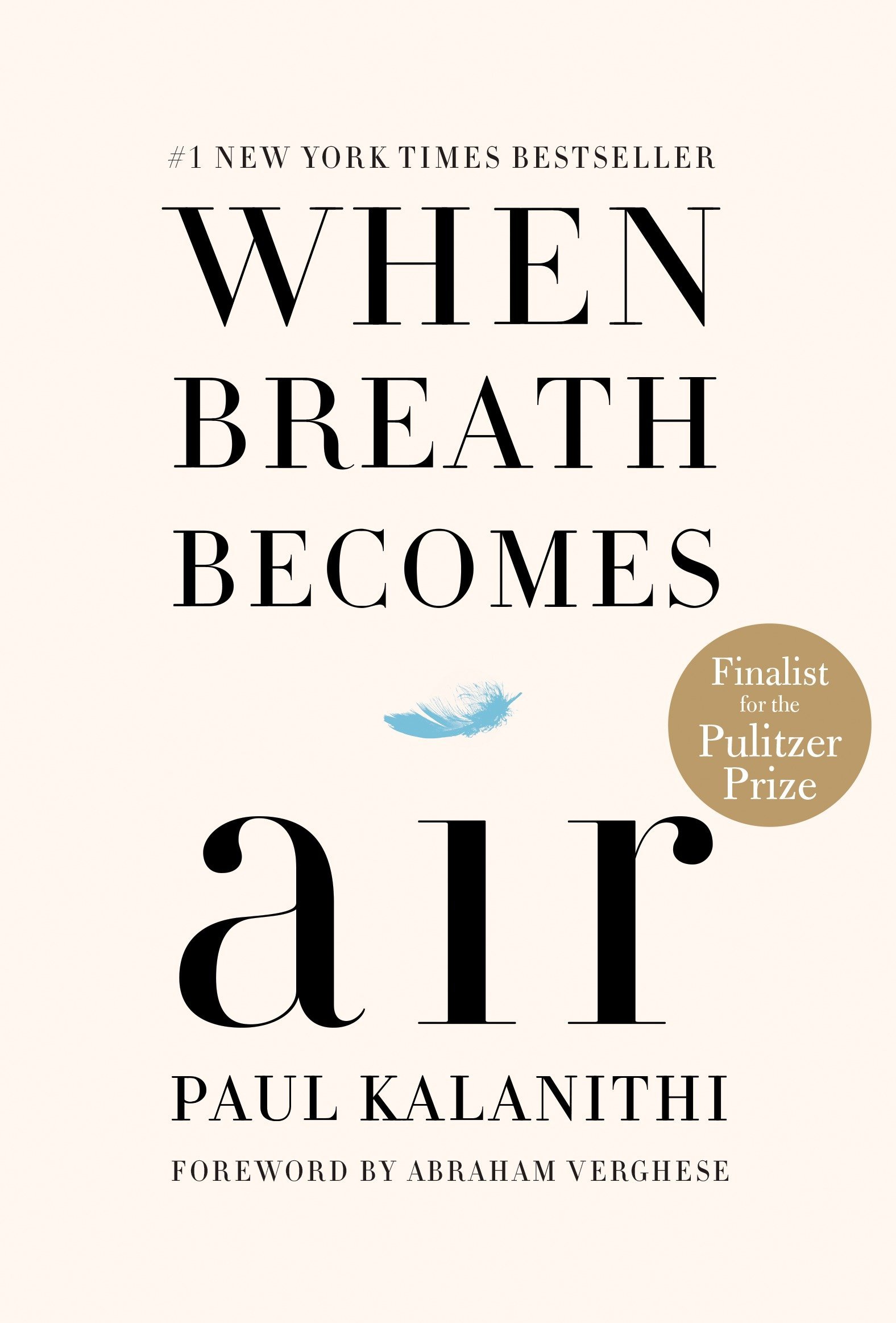
When Breath Becomes Air by Paul Kalanithi
Narrated by Cassandra Campbell
Available on Overdrive and at Warren Public Library
On the verge of completing a decade’s worth of training as a neurosurgeon, Kalanithi was diagnosed with stage IV lung cancer. Just like that, the future he and his wife had imagined evaporated. Kalanithi chronicles his transformation from a naïve medical student into a neurosurgeon at Stanford working in the brain, the most critical place for human identity, and finally into a patient and new father confronting his own mortality.
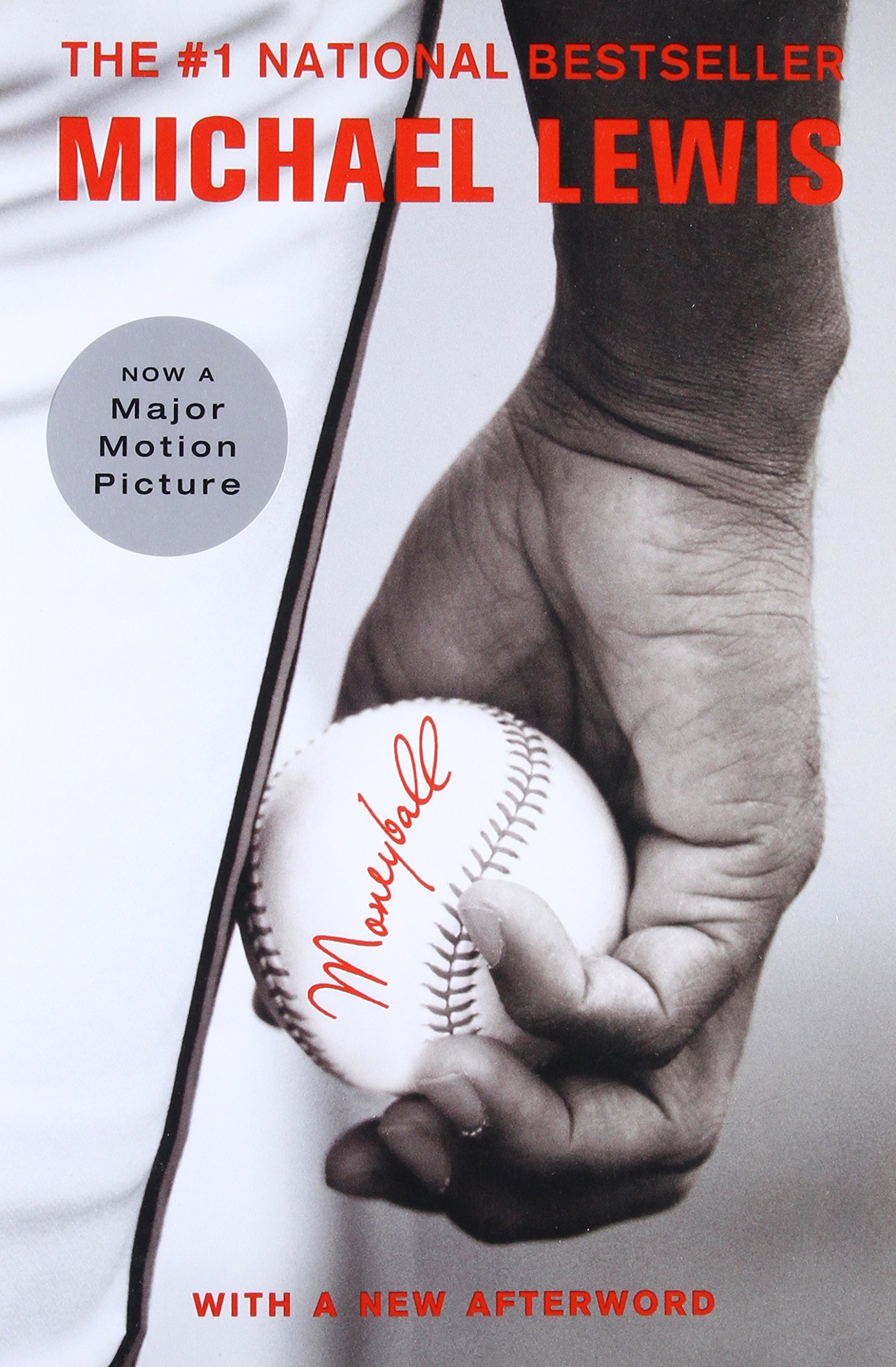
Moneyball by Michael Lewis
Available at Warren Public Library
Moneyball is a quest for the secret of success in baseball. In a narrative full of fabulous characters and brilliant excursions into the unexpected, Michael Lewis follows the low-budget Oakland A’s, visionary general manager Billy Beane, and the strange brotherhood of amateur baseball theorists. They are all in search of new baseball knowledge―insights that will give the little guy who is willing to discard old wisdom the edge over big money.
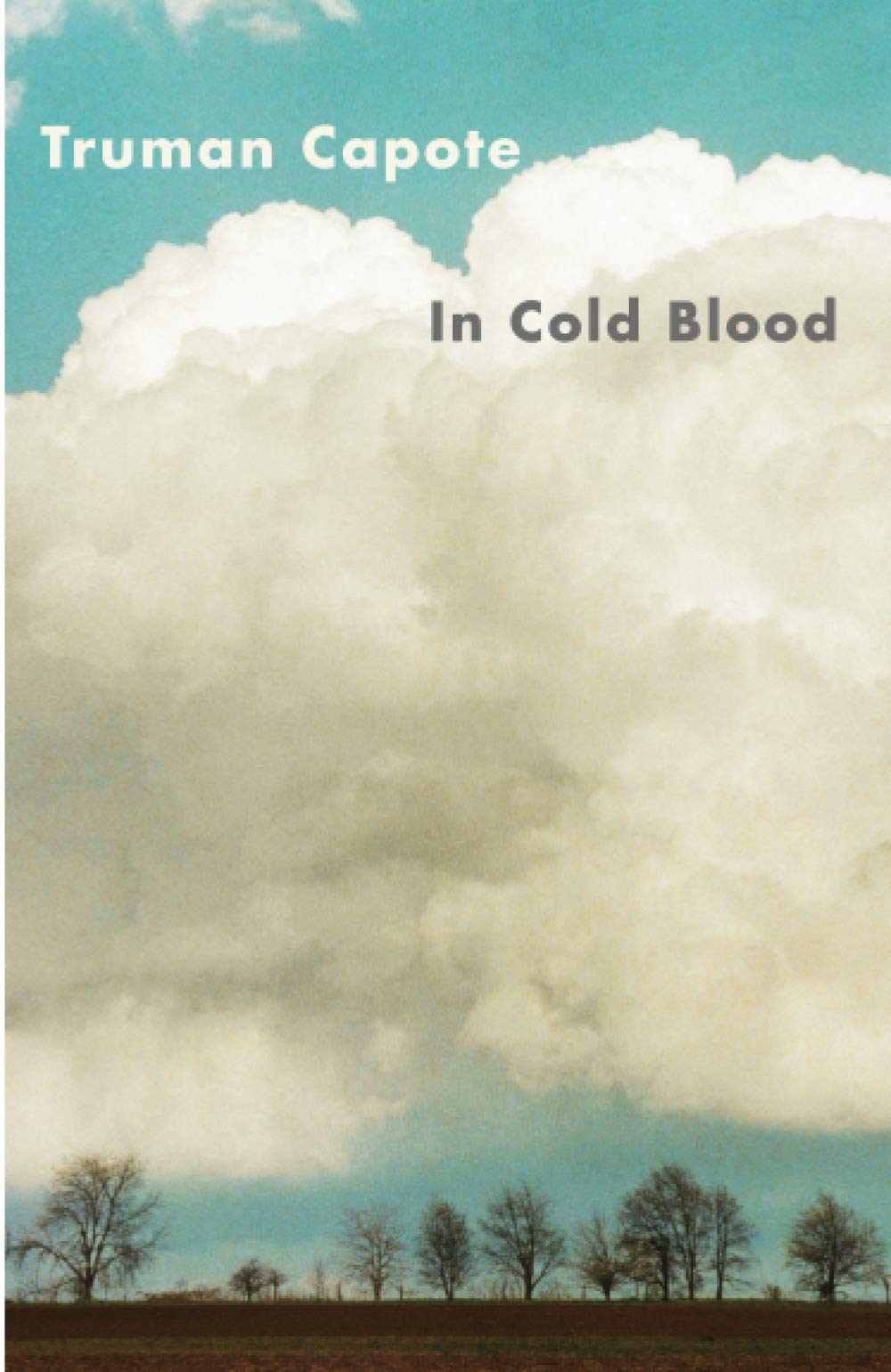
In Cold Blood by Truman Capote
Available at Warren Public Library
The most famous true crime novel of all time and one of the first non-fiction novels ever written; In Cold Blood is the bestseller that haunted its author long after he finished writing it. On November 15, 1959, in the small town of Holcomb, Kansas, four members of the Clutter family were savagely murdered by blasts from a shotgun held a few inches from their faces. There was no apparent motive for the crime, and there were almost no clues. As Truman Capote reconstructs the murder and the investigation that led to the capture, trial, and execution of the killers, he generates both mesmerizing suspense and astonishing empathy. In Cold Blood is a work that transcends its moment, yielding poignant insights into the nature of American violence.
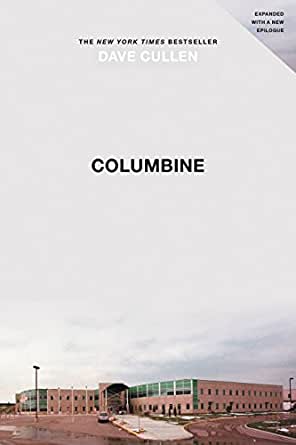
Columbine by Dave Cullen
Available at Warren Public Library
On April 20, 1999, two boys left an indelible stamp on the American psyche. Their goal was simple: to blow up their school and to leave ‘a lasting impression on the world.’ Their bombs failed, but the ensuing shooting defined a new era of school violence … Dave Cullen delivers a profile of teenage killers that goes to the heart of psychopathology. He lays bare the callous brutality of mastermind Eric Harris and the quavering, suicidal Dylan Klebold, who went to the prom three days earlier and obsessed about love in his journal. The result is an account of two good students with lots of friends, who were secretly stockpiling a basement cache of weapons, recording their raging hatred, and manipulating every adult who got in their way. They left signs everywhere. Drawing on hundreds of interviews, thousands of pages of police files, FBI psychologists, and the boys’ tapes and diaries, he gives a complete account of the Columbine tragedy. A close-up portrait of violence, a community rendered helpless, and police blunders and cover-ups, it is a human portrait of two killers.
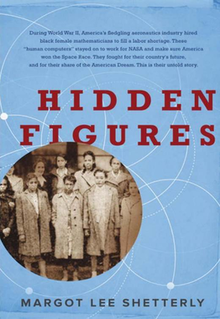
Hidden Figures: The American Dream and the Untold Story of the Black Women Mathematicians Who Helped Win the Space Race by Margot Lee Shetterly
Available on Overdrive (ebook & eaudio) and at Warren Public Library (book, audiobook and Children’s edition)
Before John Glenn orbited the earth or Neil Armstrong walked on the moon, a group of dedicated female mathematicians known as “human computers” used pencils, slide rules and adding machines to calculate the numbers that would launch rockets, and astronauts, into space. Among these problem-solvers were a group of exceptionally talented African American women, some of the brightest minds of their generation. Originally relegated to teaching math in the South’s segregated public schools, they were called into service during the labor shortages of World War II, when America’s aeronautics industry was in dire need of anyone who had the right stuff. Suddenly, these overlooked math whizzes had a shot at jobs worthy of their skills, and they answered Uncle Sam’s call, moving to Hampton, Virginia, and the fascinating, high-energy world of the Langley Memorial Aeronautical Laboratory. Even as Virginia’s Jim Crow laws required them to be segregated from their white counterparts, the women of Langley’s all-black “West Computing” group helped America achieve one of the things it desired most: a decisive victory over the Soviet Union in the Cold War, and complete domination of the heavens.
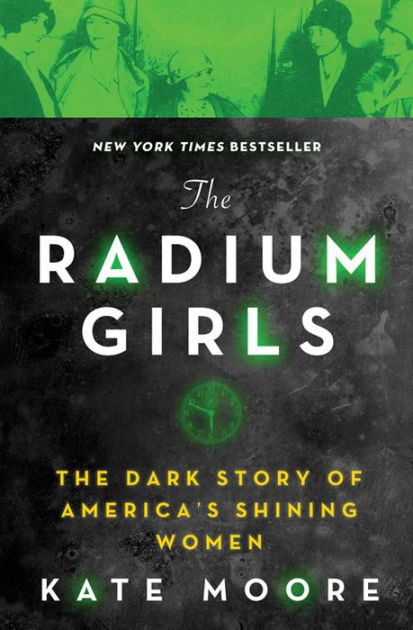
The Radium Girls by Kate Moore
Available at Warren Public Library
As World War I raged across the globe, hundreds of young women toiled away at the radium-dial factories, where they painted clock faces with a mysterious new substance called radium. Assured by their bosses that the luminous material was safe, the women themselves shone brightly in the dark, covered from head to toe with the glowing dust. With such a coveted job, these “shining girls” were considered the luckiest alive–until they began to fall mysteriously ill. As the fatal poison of the radium took hold, they found themselves embroiled in one of America’s biggest scandals and a groundbreaking battle for workers’ rights. The Radium Girls explores the strength of extraordinary women in the face of almost impossible circumstances and the astonishing legacy they left behind.
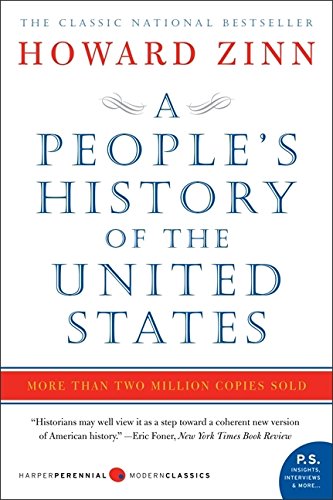
A People’s History of the United STates by Howard Zinn
Available at Warren Public Library
Historian Howard Zinn’s A People’s History of the United States chronicles American history from the bottom up, throwing out the official narrative taught in schools—with its emphasis on great men in high places—to focus on the street, the home, and the workplace. Known for its lively, clear prose as well as its scholarly research, it is the only volume to tell America’s story from the point of view of—and in the words of—America’s women, factory workers, African-Americans, Native Americans, the working poor, and immigrant laborers. As Zinn shows, many of our country’s greatest battles—the fights for a fair wage, an eight-hour workday, child-labor laws, health and safety standards, universal suffrage, women’s rights, racial equality—were carried out at the grassroots level, against bloody resistance. Covering Christopher Columbus’s arrival through President Clinton’s first term, A People’s History of the United States features insightful analysis of the most important events in our history.
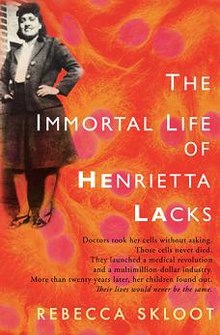
The Immortal Life of Henrietta Lacks by Rebecca Skloot
Available on Overdrive and at Warren Public Library
Her name was Henrietta Lacks, but scientists know her as HeLa. She was a poor Southern tobacco farmer, yet her cells–taken without her knowledge–became one of the most important tools in medicine. The first “immortal” human cells grown in culture, they are still alive today, though she has been dead for more than sixty years. HeLa cells were vital for developing the polio vaccine; uncovered secrets of cancer and viruses; helped lead to in vitro fertilization, cloning, and gene mapping; and have been bought and sold by the billions. Yet Henrietta Lacks is buried in an unmarked grave. Her family did not learn of her “immortality” until more than twenty years after her death, when scientists began using her husband and children in research without informed consent. The story of the Lacks family is inextricably connected to the dark history of experimentation on African Americans, the birth of bioethics, and the legal battles over whether we control the stuff we are made of.
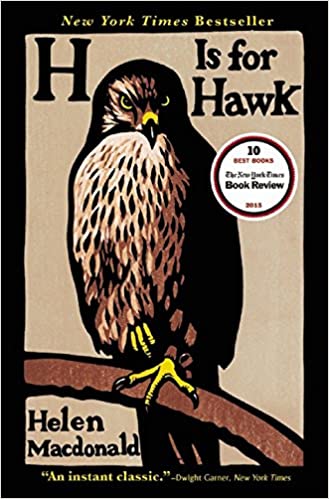
H is for Hawk by Helen Macdonald
Available on OverDrive and at Warren Public Library
When Helen Macdonald’s father died suddenly on a London street, she was devastated. An experienced falconer, Helen had never before been tempted to train one of the most vicious predators, the goshawk, but in her grief, she saw that the goshawk’s fierce and feral temperament mirrored her own. Resolving to purchase and raise the deadly creature as a means to cope with her loss, she adopted Mabel, and turned to the guidance of The Once and Future King author T.H. White’s chronicle The Goshawk to begin her challenging endeavor. Projecting herself “in the hawk’s wild mind to tame her” tested the limits of Macdonald’s humanity and changed her life.
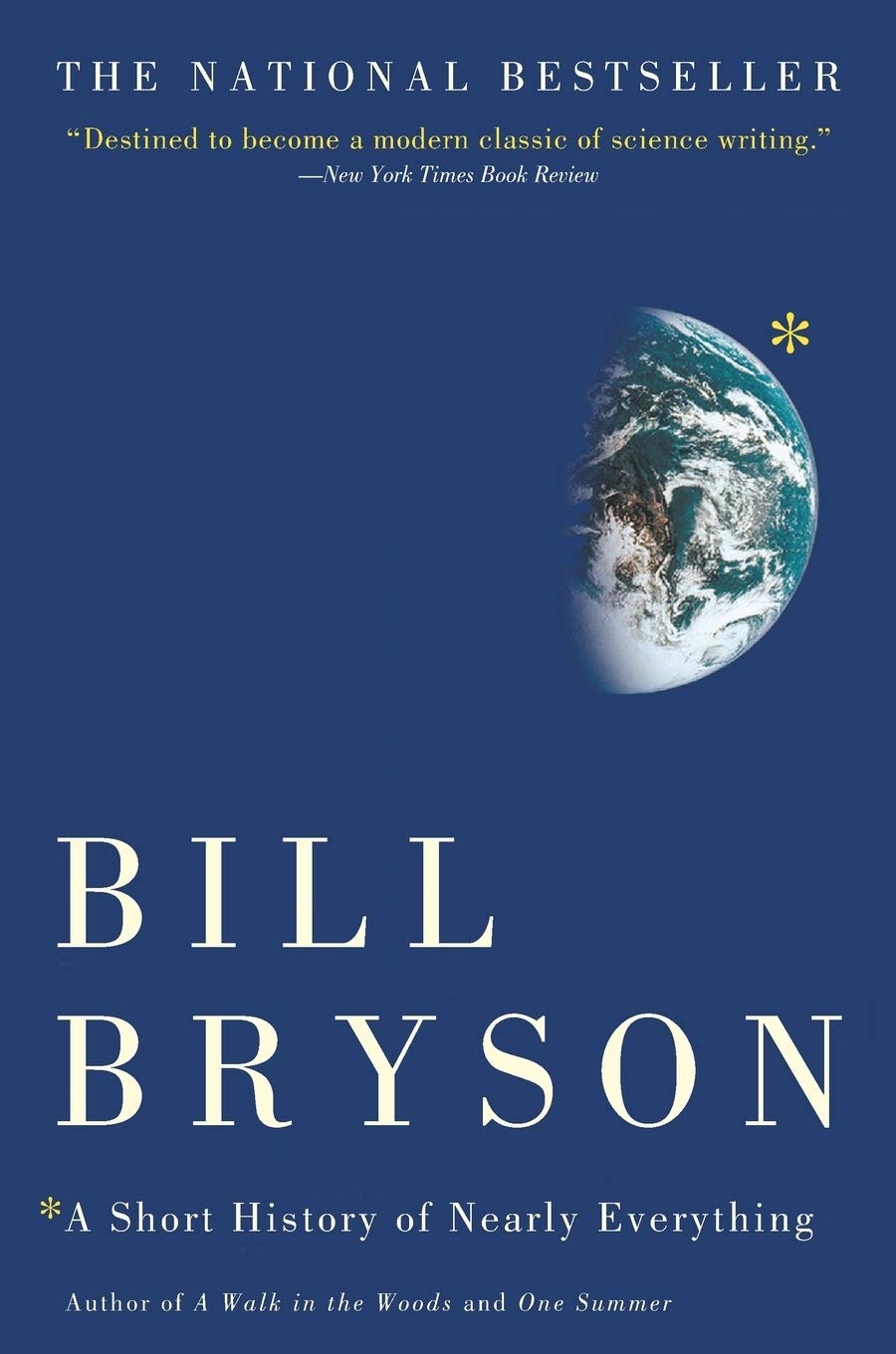
A Short History of Nearly Everything by Bill Bryson
Available at Warren Public Library (Book and audiobook)
In A Walk in the Woods, Bill Bryson trekked the Appalachian Trail—well, most of it. In A Sunburned Country, he confronted some of the most lethal wildlife Australia has to offer. Now, in his biggest book, he confronts his greatest challenge: to understand—and, if possible, answer—the oldest, biggest questions we have posed about the universe and ourselves. Taking as territory everything from the Big Bang to the rise of civilization, Bryson seeks to understand how we got from there being nothing at all to there being us. To that end, he has attached himself to a host of the world’s most advanced (and often obsessed) archaeologists, anthropologists, and mathematicians, travelling to their offices, laboratories, and field camps. He has read (or tried to read) their books, pestered them with questions, apprenticed himself to their powerful minds. A Short History of Nearly Everything is the record of this quest, and it is a sometimes profound, sometimes funny, and always supremely clear and entertaining adventure in the realms of human knowledge, as only Bill Bryson can render it. Science has never been more involving or entertaining.
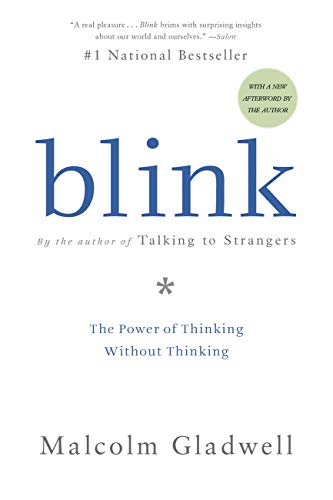
Blink by Malcolm Gladwell
Available on Overdrive (eaudio) at Warren Public Library
Blink is a book about how we think without thinking, about choices that seem to be made in an instant-in the blink of an eye-that actually aren’t as simple as they seem. Why are some people brilliant decision makers, while others are consistently inept? Why do some people follow their instincts and win, while others end up stumbling into error? How do our brains really work-in the office, in the classroom, in the kitchen, and in the bedroom? And why are the best decisions often those that are impossible to explain to others? In Blink we meet the psychologist who has learned to predict whether a marriage will last, based on a few minutes of observing a couple; the tennis coach who knows when a player will double-fault before the racket even makes contact with the ball; the antiquities experts who recognize a fake at a glance. Here, too, are great failures of “blink”: the election of Warren Harding; “New Coke”; and the shooting of Amadou Diallo by police. Blink reveals that great decision makers aren’t those who process the most information or spend the most time deliberating, but those who have perfected the art of “thin-slicing”-filtering the very few factors that matter from an overwhelming number of variables.
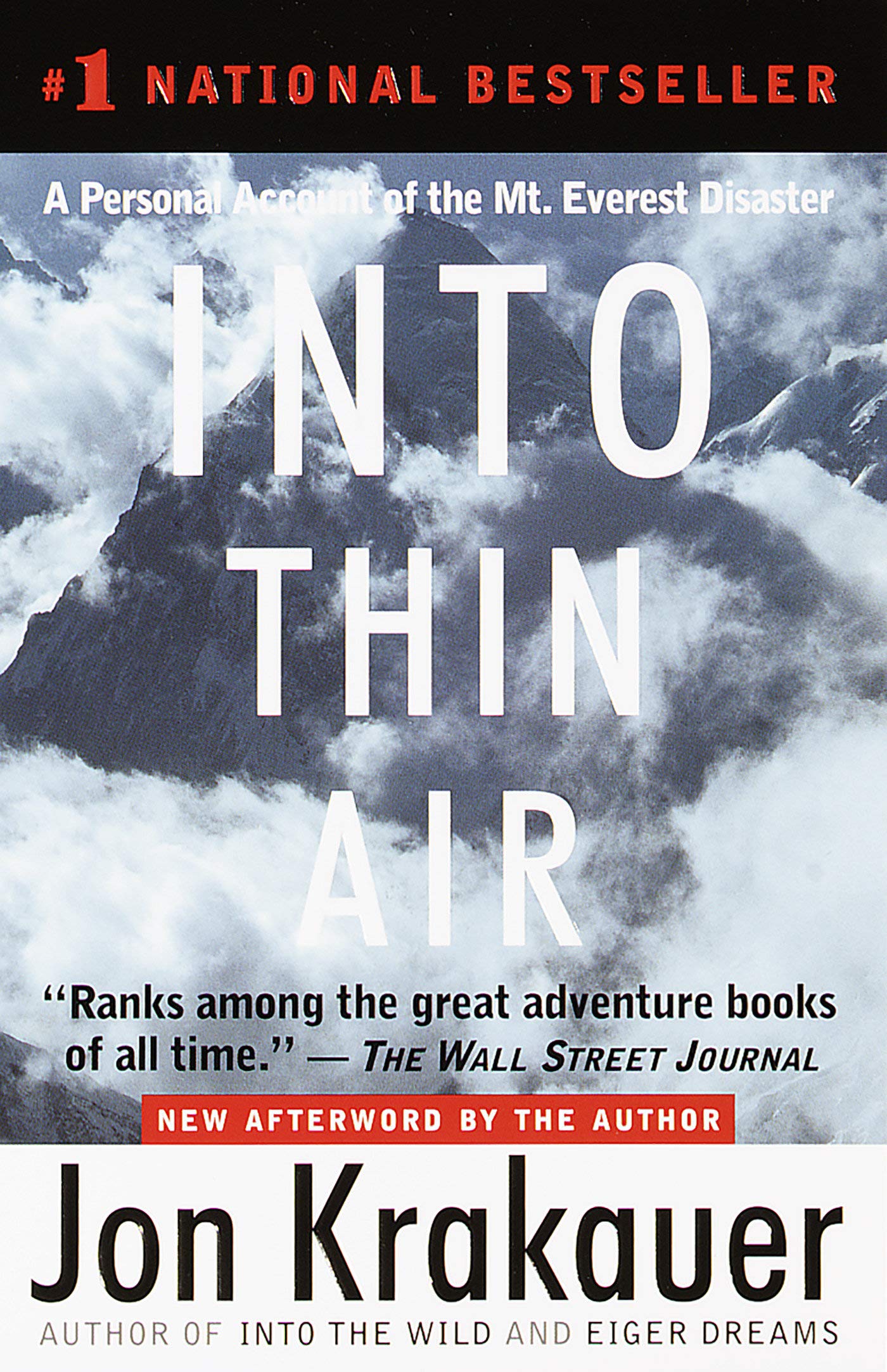
Into Thin Air by Jon Krakauer
Narrated by Claire Danes
Available on Overdrive and at Warren Public Library
When Jon Krakauer reached the summit of Mt. Everest in the early afternoon of May 10,1996, he hadn’t slept in fifty-seven hours and was reeling from the brain-altering effects of oxygen depletion. As he turned to begin the perilous descent from 29,028 feet (roughly the cruising altitude of an Airbus jetliner), twenty other climbers were still pushing doggedly to the top, unaware that the sky had begun to roil with clouds…Into Thin Air is the definitive account of the deadliest season in the history of Everest by the acclaimed Outside journalist and author of the bestselling Into the Wild. Taking the reader step by step from Katmandu to the mountain’s deadly pinnacle, Krakauer has his readers shaking on the edge of their seat. Beyond the terrors of this account, however, he also peers deeply into the myth of the world’s tallest mountain. What is is about Everest that has compelled so many people–including himself–to throw caution to the wind, ignore the concerns of loved ones, and willingly subject themselves to such risk, hardship, and expense? Written with emotional clarity and supported by his unimpeachable reporting, Krakauer’s eyewitness account of what happened on the roof of the world is a singular achievement.
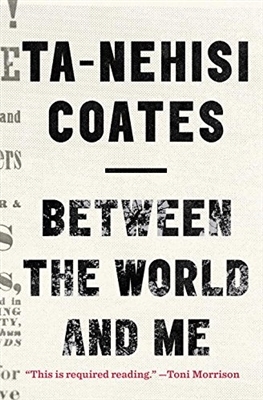
Between the World and Me by Ta-Nehisi Coates
Available at Warren Public Library
For Ta-Nehisi Coates, history has always been personal. At every stage of his life, he’s sought in his explorations of history answers to the mysteries that surrounded him — most urgently, why he, and other black people he knew, seemed to live in fear. What were they afraid of? In Tremble for My Country, Coates takes readers along on his journey through America’s history of race and its contemporary resonances through a series of awakenings — moments when he discovered some new truth about our long, tangled history of race, whether through his myth-busting professors at Howard University, a trip to a Civil War battlefield with a rogue historian, a journey to Chicago’s South Side to visit aging survivors of 20th century America’s ‘long war on black people,’ or a visit with the mother of a beloved friend who was shot down by the police. In his trademark style — a mix of lyrical personal narrative, reimagined history, essayistic argument, and reportage — Coates provides readers a thrillingly illuminating new framework for understanding race: its history, our contemporary dilemma, and where we go from here.



